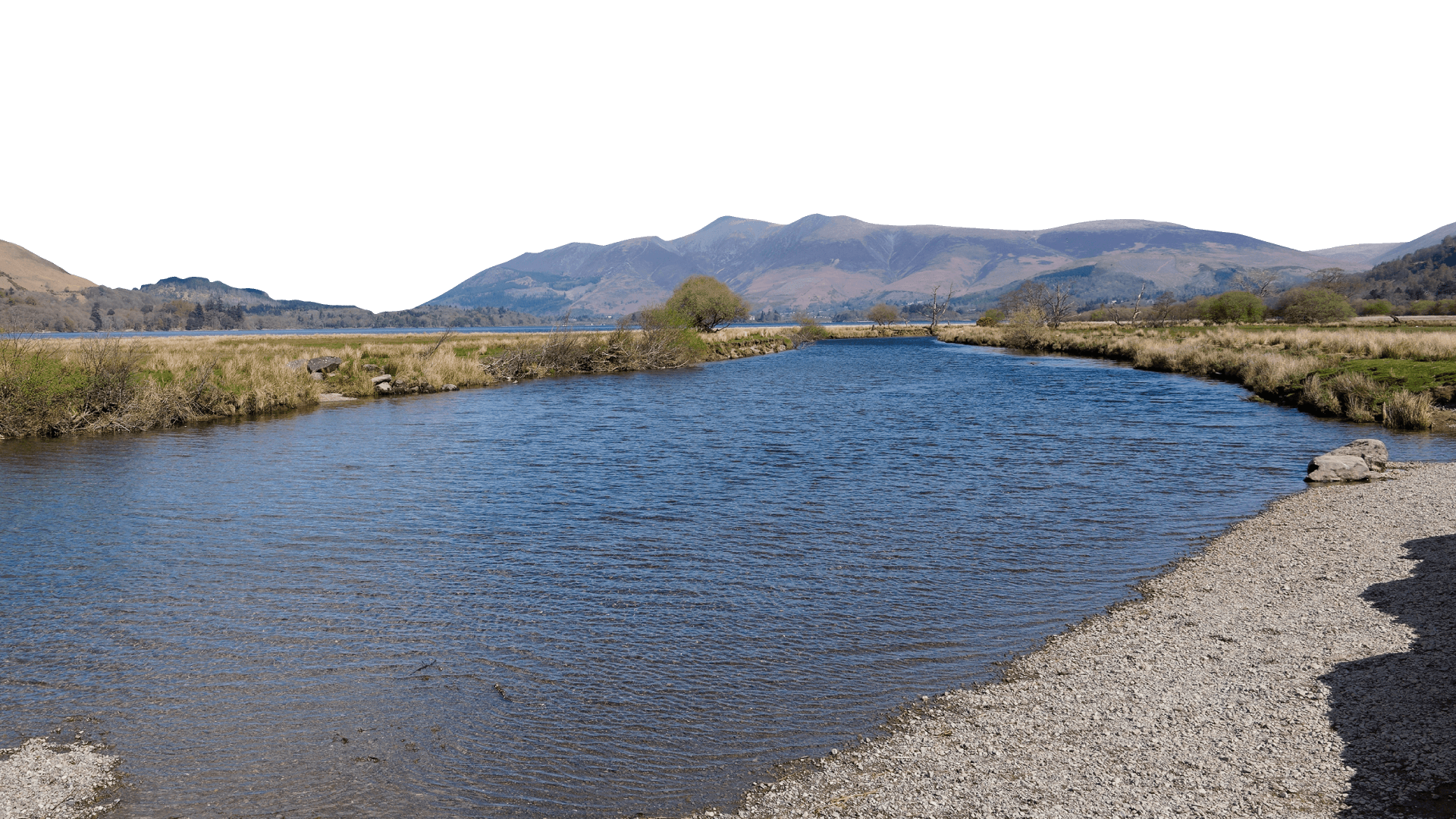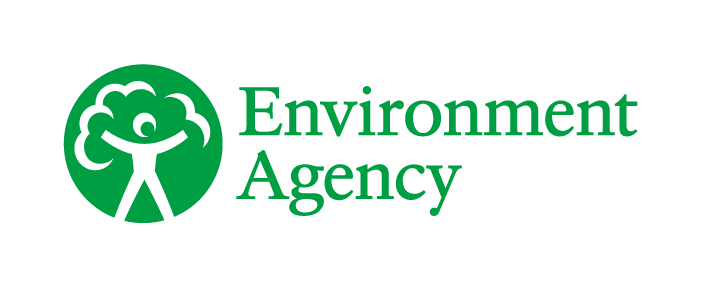
River Keekle
In the summer of 2020, West Cumbria Rivers Trust completed one of the largest river restoration projects of its kind in England on the River Keekle near Whitehaven. This £1.5 million project involved the removal of a nearly-200-tonne plastic liner that had been degrading and polluting the river, followed by the restoration of the riverbed using natural stones and gravels. The project transformed the river, improving its environmental health and bringing it back to life.
Video showing the restoration of the River Keekle by West Cumbria Rivers Trust
The problem
The River Keekle had faced decades of disturbance from coal mining activities. In the 1990s, an HDPE plastic liner was installed to prevent contamination from the nearby mine spoil. However, over the years, the plastic liner began to deteriorate, shedding pieces into the river and causing blockages that led to local flooding. More concerning was the risk that the river could erode through the liner, potentially releasing buried mine waste into the water, threatening both the Keekle and the nearby River Ehen – a Special Area of Conservation.
The river also failed to meet Water Framework Directive standards for fish habitats, with barriers like the broken liner and poorly placed boulders blocking fish migration.
The restoration was carried out in two phases:
Phase 1 (Summer 2019): Trials Site
We started by removing the liner from a 170-metre stretch of river between Walkmill Bridge and Keekle Bridge. Over 9 tonnes of plastic were carefully removed and recycled, with some repurposed into a picnic table and bench at Walkmill Woodlands car park. This pilot phase allowed us to test the best methods for plastic removal, and we immediately saw the riverbed returning to its natural state, with gravel, cobbles, and boulders in place of the old liner.
Phase 2 (Summer 2020): Full Restoration
Armed with the knowledge from Phase 1, we removed a further 185 tonnes of plastic over a 2.3-kilometre stretch of river. We brought in thousands of tonnes of stone to restore the riverbed, which now provides a more natural habitat for fish and wildlife. The river is now free from the previous artificial barriers, allowing for improved fish migration and a healthier ecosystem.
What we did
The impact
The removal of the plastic liner has had a dramatic effect on the river's health:
Reduction in Plastic Pollution: We’ve significantly reduced the amount of plastic in the river, making it safer for wildlife and the environment.
Improved Fish Habitats: Salmon, trout, and other fish now have better access to upstream areas, improving their spawning and migration opportunities.
Protection for Endangered Species: The project has also helped protect the endangered freshwater mussels in the River Ehen, reducing sediment pollution that had threatened their habitats.
This restoration is part of a larger effort to improve rivers across Cumbria, contributing to the health of the local environment and the wider ecosystem. By removing man-made barriers and pollution, we’re ensuring that the River Keekle and its surrounding areas can thrive for generations to come. The project was awarded the River Restoration Centre’s 2021 UK River Prize and the European River Prize in 2022.
If you have any queries about this project, please contact Luke Bryant below.


Project funders






